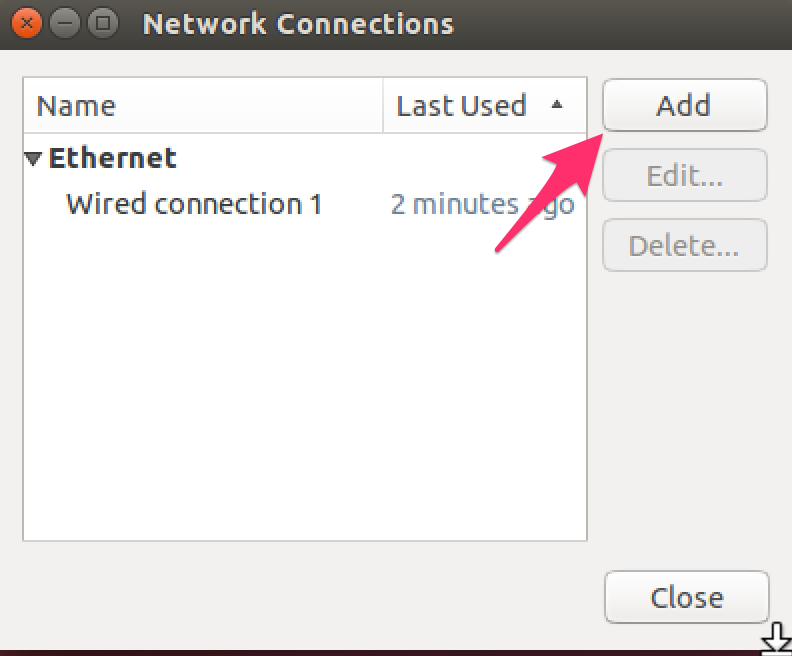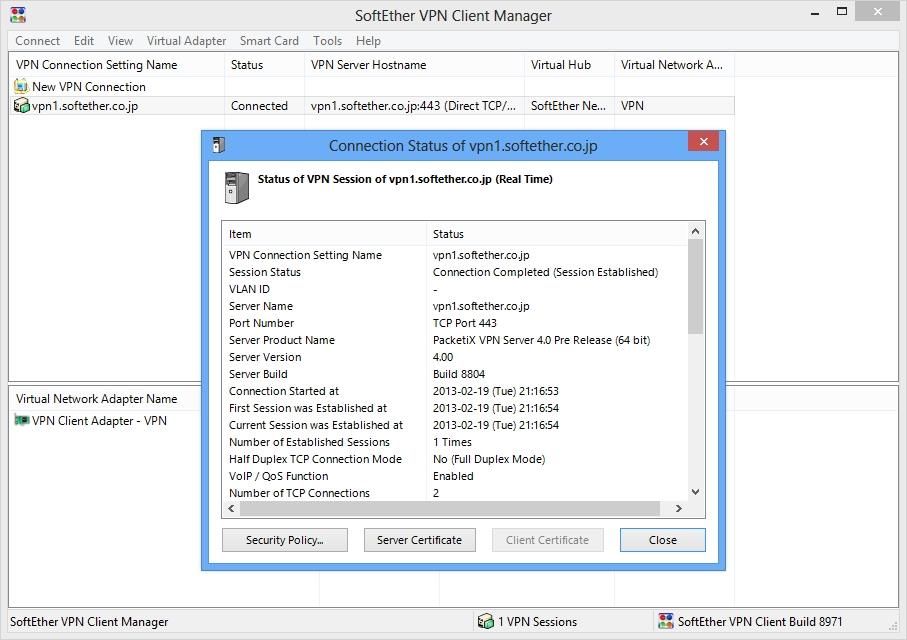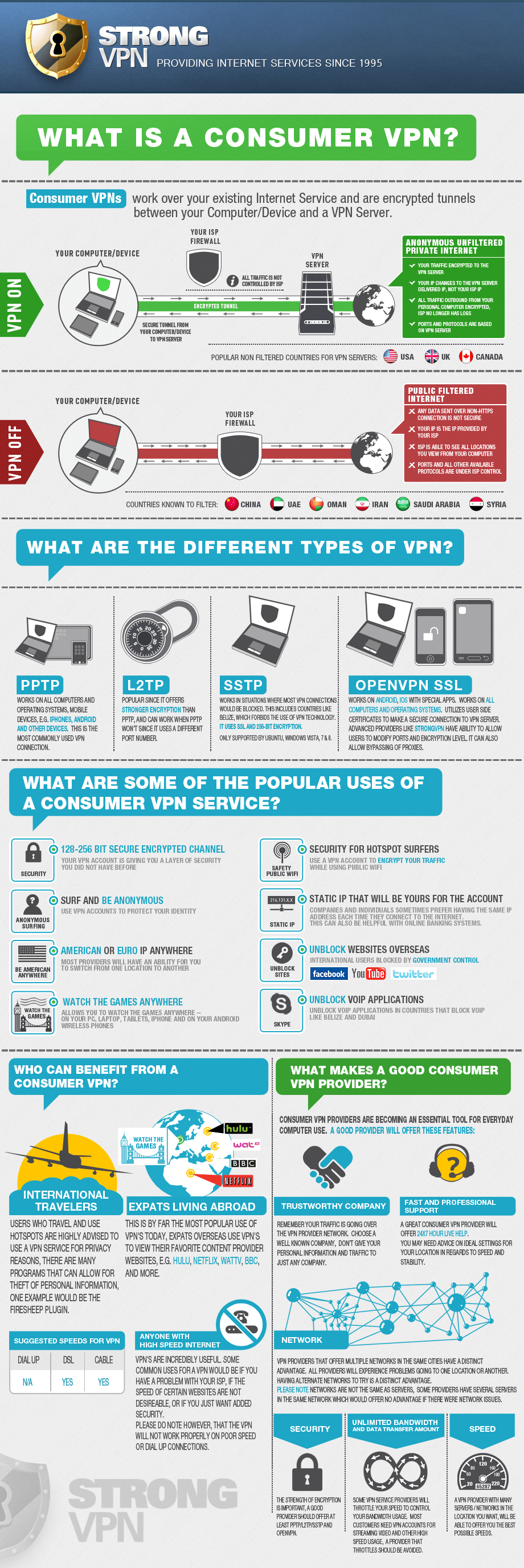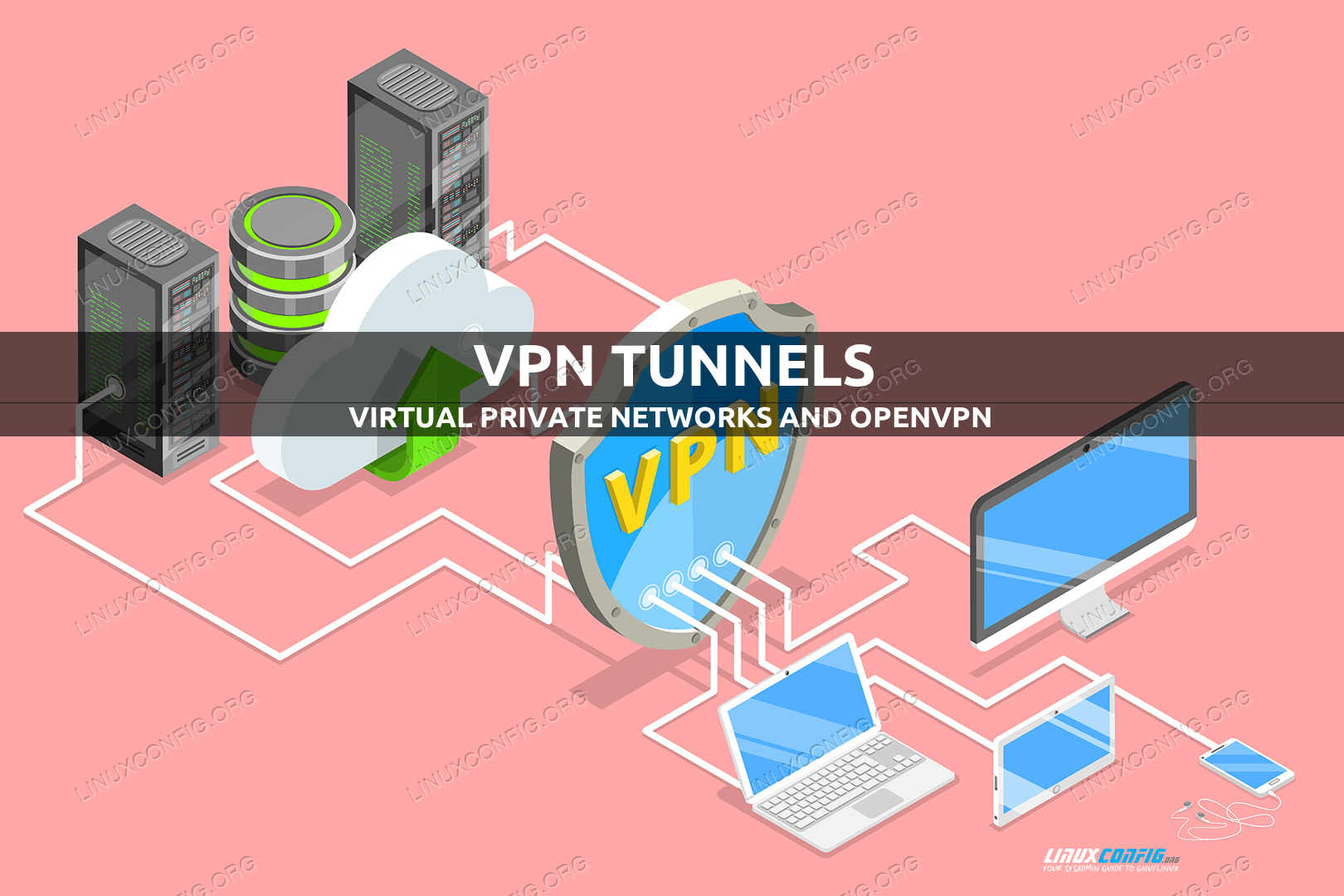

Preshared secret key is the easiest, and certificate-based is the most robust and feature-rich. OpenVPN offers pre-shared keys, certificate-based, and username/password-based authentication. OpenVPN has several ways to authenticate peers with each other. Support for mbed TLS is available starting from version 2.3.

It can also use hardware acceleration to get better encryption performance. It can also use the HMAC packet authentication feature to add an additional layer of security to the connection (referred to as an "HMAC Firewall" by the creator). It lets OpenSSL do all the encryption and authentication work, allowing OpenVPN to use all the ciphers available in the OpenSSL package. OpenVPN uses the OpenSSL library to provide encryption of both the data and control channels. Additionally, commercial licenses are available.
#OPENVPN ALTERNATIVE LICENSE#
It was written by James Yonan and is free software, released under the terms of the GNU General Public License version 2 (GPLv2). SoftEther VPN, a multi-protocol VPN server, also has an implementation of OpenVPN protocol. For example, DD-WRT has the OpenVPN server function. OpenVPN has been ported and embedded to several systems.

It is capable of traversing network address translators (NATs) and firewalls. It uses a custom security protocol that utilizes SSL/TLS for key exchange. It uses the OpenSSL encryption library extensively, as well as the TLS protocol, and contains many security and control features. When used in a multiclient-server configuration, it allows the server to release an authentication certificate for every client, using signatures and certificate authority.

OpenVPN allows peers to authenticate each other using pre-shared secret keys, certificates or username/ password. It implements both client and server applications. It's a very good choice.OpenVPN is a virtual private network (VPN) system that implements techniques to create secure point-to-point or site-to-site connections in routed or bridged configurations and remote access facilities. But if you know that OpenVPN is for you, go ahead, use it, hire someone that can deploy it for you. You will need some knowledge regarding networks and VPNs. My recommendation will be make sure that OpenVPN is something like you need and do your research. So it's not the easiest, but after you set up it, it's very easy to maintain. You should already know, if you're looking into this, it's not the is to deploy, but there are some options out there. You can be reliable.įor deployment, OpenVPN is not the easiest. OpenVPN is really updated with security protocols. Because of the documentation that we have, deployment, it has been really easy and it has many integrations with third-party servers, like virtual holdings. So the main reasons we're choosing OpenVPN is, first of all, you have plenty documentation out there, just a little Google and you can find plenty documentation to set up your own VPN network. So that's the main reason that we prefer using OpenVPN instead of the others. There is a free source, but you can highly customize this VPN to your needs. For more reviews like this, just click below.īefore using OpenVPN, I was trying for a lot of common VPNs, like NordVPN, ExpressVPN, but I needed more customization than that. I'm an office manager, and I give OpenVPN a five out five.


 0 kommentar(er)
0 kommentar(er)
